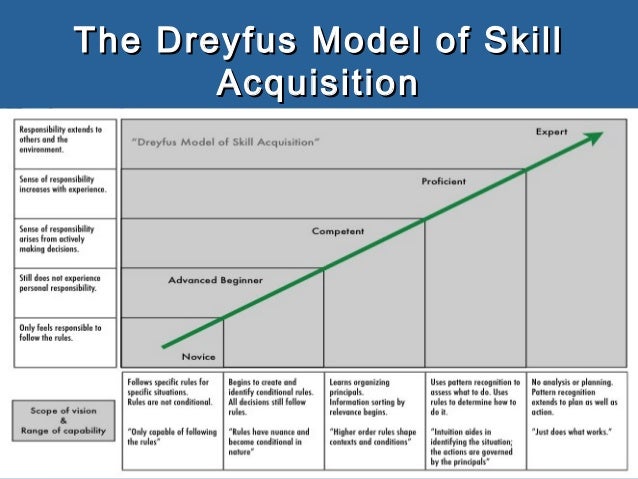Benner From Novice To Expert Pdf 4
Dr Patricia Benner introduced the concept that expert nurses develop skills and understanding of patient care over time through a sound educational base. NOVICE TO EXPERT: PATRICIA BENNER 4 the body. The role of personal concerns, and 4. The role of temporality. (Tomey & Alligood, 2006, p.151). Patricia Benner developed the nursing concept of constant on the job learning developing the theory From Novice to Expert.
•, RN, DNSc and •, MD • The School of Nursing, University of California, San Francisco, San Francisco, Calif (KD), and the Department of Anesthesiology, Albert Einstein College of Medicine, Bronx, NY (CWB-B). The mediocre teacher tells. The good teacher explains. The superior teacher demonstrates. The great teacher inspires.


Serial Audials One 11 Torrents. William Arthur Ward Many of us can relate to the story that Jon Carroll, a columnist for the San Francisco Chronicle, tells about his first public singing recital. He had taken a series of singing lessons and then found himself standing on a stage about to sing his first solo in front of a large audience. It took him 4 attempts to find the opening note while he also battled an uncontrollable head bob.
Scanning the audience’s faces while he was singing, Carroll said he had the “unshakable perception that cyanide gas had been released in the room and that the face of every person... Was set in the final rictus of death.” The conclusion of the song was followed by polite applause (the same sort of applause, he wrote, that might occur at the end of a particularly painful 2-hour kettledrum solo). But, to his surprise, his singing teacher walked over to him with tears running down her face and put her arm around him, saying proudly to the audience, “I just want to say that when this man came to me...he couldn’t even sing ‘Happy Birthday.’” The audience applauded wildly.
Carroll was stunned at the teacher’s remarks and the audience’s reaction. Clearly, this was more than a teacher. She was a mentor. She inspired. The Need for Nurse Mentors The nursing profession is in the midst of its longest and most severe shortage. The current shortage has been different from those in past years because of a continuous decline in nursing school enrollments. Causes of this decline include the opening of traditionally male-dominated professions to women, inadequate salary increases in nursing, and nurses speaking out vigorously about their dissatisfaction with the hospital work environment of the 1990s.
While fewer people have been seeking nursing careers, the demand for nurses has never been greater (with a projected need for 1 million more nurses by 2010). The aging of the baby boomers has created a population growth of elderly or soon-to-be-elderly patients, and advances in healthcare (particularly in our critical care specialty) have led to increasingly complex care.
It appears, however, that the worst of the shortage may now be over, perhaps fueled by a depressed job market and a shortage of places for professional employment. The American Association of Colleges of Nursing reported that nursing school enrollments had risen more than 16% in 2003 compared with the previous year.
In addition to experiencing an influx of new applicants, nursing schools have adapted their curricula to incorporate accelerated programs and programs for people with baccalaureate degrees in other professions who wish to return to school to study nursing. Dell Laser Printer 1710 Installation Software. Although these programs help produce more nurses quickly, they decrease the time devoted to gaining clinical experience. The influx of a substantial number of new nurses into the profession, many of whom may be relatively uninformed about the realities of today’s healthcare system, and the growth of accelerated programs present the next challenge for the critical care team in terms of assimilating these nurses into practice. From Novice to Expert In her landmark work From Novice to Expert: Excellence and Power in Clinical Nursing Practice, Dr Patricia Benner introduced the concept that expert nurses develop skills and understanding of patient care over time through a sound educational base as well as a multitude of experiences.
Adobe Photoshop Top Secret Pdf Files. She proposed that one could gain knowledge and skills (“knowing how”) without ever learning the theory (“knowing that”). Her premise is that the development of knowledge in applied disciplines such as medicine and nursing is composed of the extension of practical knowledge (know how) through research and the characterization and understanding of the “know how” of clinical experience. In short, experience is a prerequisite for becoming an expert. Until publication of Benner’s research, which focused on critical care nurses, this characterization of the learning process had gone largely undefined.